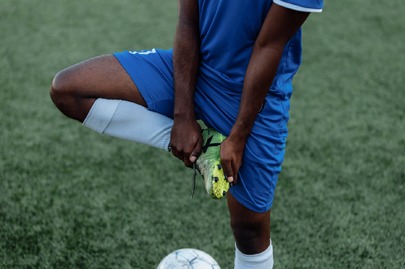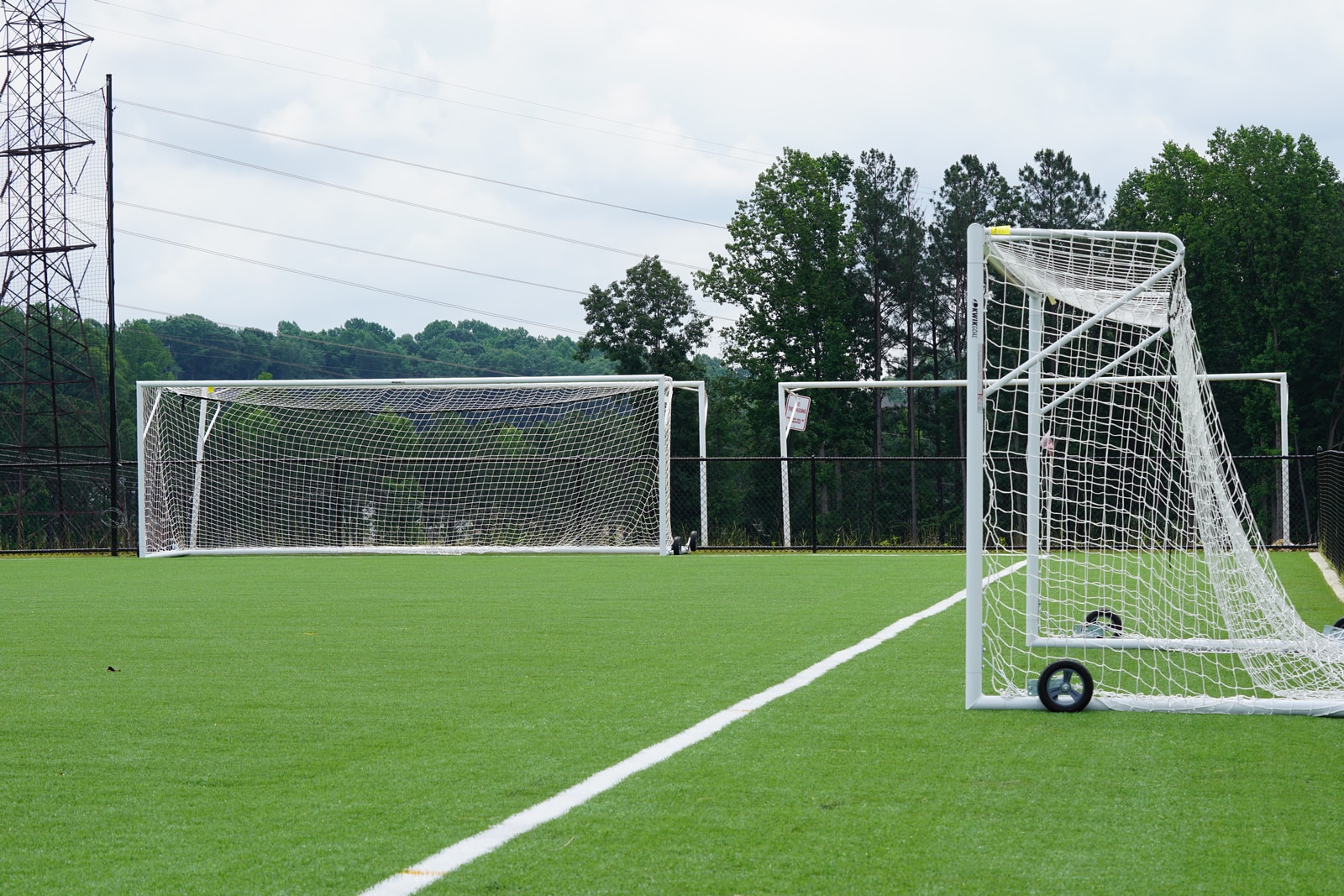If you are a high school athlete involved in U.S. Youth Soccer at an academy/competitive level, chances are you want to become a professional player. While many prospective student-athletes take the college route straight from high school graduation, others prefer to bypass college in hopes of going pro straight from high school. In either case, you should be familiar with NCAA’s soccer delayed enrollment rules.
Under NCAA rules, prospective student-athletes have 12 months after they graduate from high school where they can continue participating in organized competitions without facing any penalties. Many athletes use the grace period to pursue tryouts at professional teams in hopes of getting signed and becoming pros. But problems may arise if this plan does not work.
Once the 12-month grace period expires, the athlete must enroll full-time at a 2-year or 4-year educational institution AND stop participating in organized competitions in order to preserve his/her NCAA eligibility. One must keep in mind that only organized competition is prohibited. Training and practice with a team and/or coach after high school graduation is permitted beyond the grace period, so long as there is no participation in organized competitions.
If the athlete fails to enroll after the grace period AND continues to participate in organized competition, then the athlete will face eligibility penalties. This means that the athlete will lose a season of eligibility for each calendar year during which the athlete continues to compete. This translates into a shorter college soccer experience. In addition, the athlete may also be required to sit out and study for a full academic year before becoming eligible to compete again.
For example, Billy graduates from high school in May 2020 but decides he wants to compete for one more year to pursue the professional route.
• Billy can play any games between May 2020 and August 2021 and face no penalties.
• If Billy decides to continue competing between August 2021 and August 2022, he will lose 1 season of eligibility and may sit out for 1 year.
• If Billy decides to continue competing between August 2022 and August 2023, he will lose 2 seasons of eligibility and may sit out for 1 year.
Make sure you plan accordingly and know your graduation date and/or prospective graduation date. Have clear goals and timelines for your soccer career. Seek the advice of family members, coaches, and/or professionals. It is also important to keep a good record of every competition you participate in after graduating high school. NCAA will require the disclosure of every competition you participate in after high school. Questions about eligibility? Feel free to contact us.
- Sports
On April 1, 2015, FIFA introduced its new Regulations on Working with Intermediaries and stopped regulating the licensing of football agents. In its place, FIFA’s member associations were tasked with the implementation of a registration system for agents representing players and clubs.





